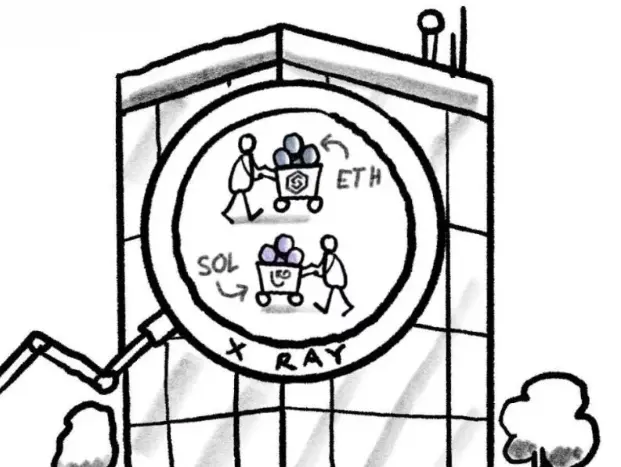Solana’s HumidiFi DEX to launch WET token on Jupiter’s new DTF ICO platform
One of Solana’s leading trading platforms is taking a new step that could reshape how tokens are launched across the network.
- HumidiFi DEX will debut its WET token on Jupiter’s DTF platform.
- The Solana-based DEX processes up to 40% of network DEX volume.
- DTF grants JUP stakers exclusive access and introduces a controlled token sale format.
HumidiFi, a leading decentralized exchange on Solana, will launch its native WET token through Jupiter’s new Decentralized Token Formation platform, the first project to debut on the service.
Jupiter ( JUP ) confirmed the news in an Oct. 30 post on X, marking a major milestone for both platforms as Solana’s ( SOL ) decentralized sector continues to expand.
Solana’s prop AMM leader enters the token market
Launched in June 2025, HumidiFi has become one of Solana’s most active DEXs, handling between 35% and 40% of all Solana DEX volume. The platform specializes in proprietary automated market makers (prop AMMs) — sometimes described as “dark pools” — that route trades privately through aggregators like Jupiter to reduce slippage, front-running, and MEV attacks.
In the past month alone, HumidiFi processed more than $34 billion in transactions, recently surpassing competitors such as Raydium, Meteora, and PumpSwap. On its busiest day, its 24-hour trading volume reached $1.1 billion, a record for the Solana-based DEX.
Although HumidiFi has grown, its “dark AMM” model has sparked concerns about transparency because its operators are still partially anonymous, and community members have demanded audits to ensure user safety.
WET launch debuts Jupiter’s DTF platform
The WET token launch, set for Oct. 30, is the first to use Jupiter’s DTF platform, a new system for structured, community-backed token offerings. The DTF model allows JUP token stakers exclusive early access to token sales while controlling initial supply to avoid post-launch volatility.
While no public price for WET has been revealed, it will serve as both a governance and utility token, with allocations expected for liquidity incentives, community programs, and future integrations. Following the sale, WET will trade through Jupiter’s aggregator, with initial liquidity sourced from DTF participants.
For HumidiFi, the token launch opens a new phase of growth by aligning users and liquidity providers through incentives. For Jupiter, DTF strengthens its position in Solana’s fast-growing launchpad market, projected to exceed $140 million in quarterly volume. The platform directs 80% of revenue to JUP holders, increasing demand for staking as more token launches follow.
Disclaimer: The content of this article solely reflects the author's opinion and does not represent the platform in any capacity. This article is not intended to serve as a reference for making investment decisions.
You may also like
Market value evaporates by 60 billions! Faith shaken, institutions on the sidelines—has bitcoin’s “post-halving crash” curse come true?
A major reason for the recent plunge is market concerns over a repeat of the "halving cycle"—that is, after a supply reduction triggers a boom, a deep correction inevitably follows. Panic selling by investors, combined with a stagnation of institutional funds and macroeconomic headwinds, have collectively led to a collapse in market confidence.

SharpLink and Upexi: Each Has Its Own Strengths and Weaknesses in DAT
For this model to be sustainable, one of the following two scenarios must occur: either staking truly becomes a corporate cash engine, continuously providing funds for digital asset purchases; or companies must incorporate the planned sale of digital assets into their digital asset strategies to achieve systematic profits.

80% is hype? Six major red lines reveal the true intentions of Stable
It appears to be an infrastructure upgrade, but in essence, it is an early, insider-friendly issuance.

Global assets are falling simultaneously—why have safe havens collectively failed?

